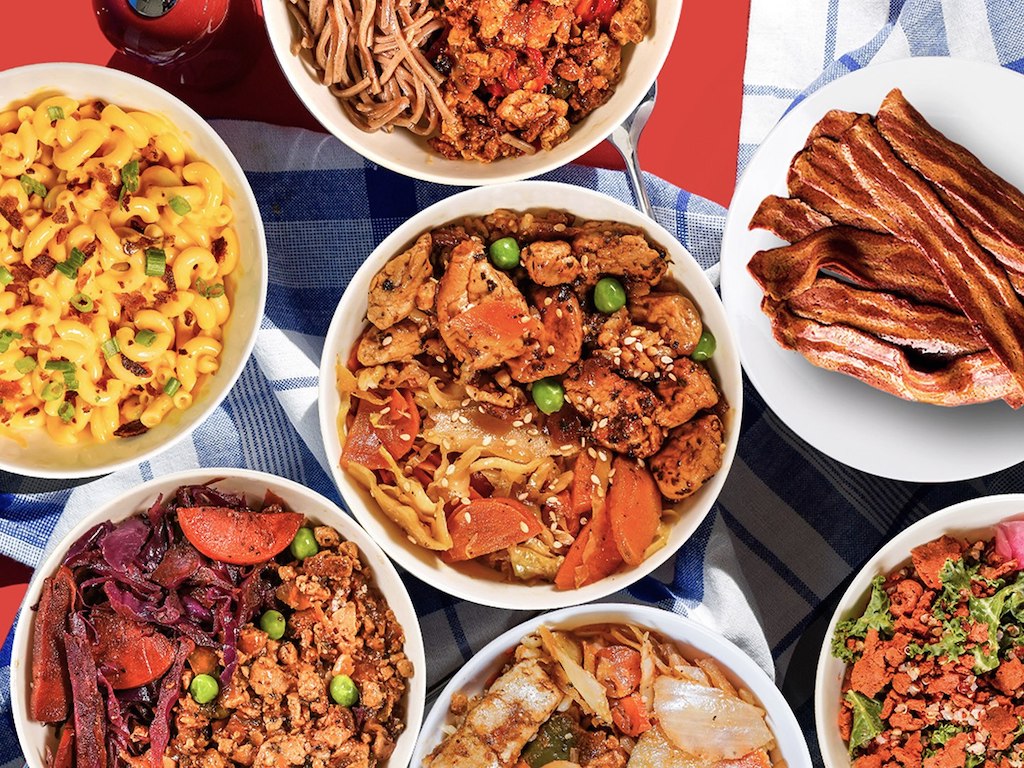3 Mins Read
In a recent virtual symposium held by the Good Food Institute (GFI), alternative protein experts and food industry players spotlighted fermentation as a crucial segment that will produce much-needed sustainable food solutions. Still in its infancy, the fermentation industry is now undergoing rapid development and harnessing technology that can be applied to multiple food categories to deliver low-cost affordable nutrition globally.
GFI’s first-ever Symposium on Fermentation was held online recently with live attendees all over the world, featuring a “101” session on the fast-growing fermentation segment in alternative protein, talks on ingredient applications and expert insights on the three main categories within fermentation. Over the course of the event, fermentation was highlighted by panelists and industry players as “critical” to accelerating alternative protein solutions amid climate change, rising food insecurity, supply chain disruptions and health crises.
Covid-19 tested the strength of the nascent fermentation industry, and companies successfully continued to innovate, fundraise, form new partnerships, and sell through new distribution channels, even as the conventional meat industry was shutting down.
GFI
While the plant-based and cell-based sectors have been widely recognised as key pillars, fermentation has yet to receive the same spotlight, though this is quickly changing. As mentioned during the GFI conference, capital raised by the fermentation industry during the first half of this year alone has exceeded fundraising in the entirety of 2019.
“Covid-19 tested the strength of the nascent fermentation industry, and companies successfully continued to innovate, fundraise, form new partnerships, and sell through new distribution channels, even as the conventional meat industry was shutting down,” wrote the GFI team in a newsletter recap of the event.
At the moment, the technology is already being applied across the alternative protein world, including legacy brand Quorn’s mycoprotein-based meat analogues and newer startups such as Perfect Day’s ice cream and Impossible Foods’ heme, the ingredient that gives its plant-based beef patties its signature iron-rich bite and mouthfeel.
But the opportunities to leverage fermentation are huge, with many more possible applications ahead thanks to its versatile technology that means it can produce everything from ingredients and enablers to flavourings and whole protein products. In the realm of meat substitutes, GFI identified fermentation as key to “greatly enhance the functionality and sensory experience,” which will make it possible to create novel product formats that have yet to be achieved, such as whole cuts of steak or hard aged cheeses.
Fermentation can be used to create flavours, emulsifiers, and proteins that have traditionally come from animals. Producing these elements directly rather than raising an entire animal is more efficient and cost-effective.
GFI
Other applications of fermentation will also help to close the food loss gap, with the waste or byproducts from the process having underutilised value in products such as feed additives, biofuels and fertiliser.
In the later sessions of the symposium, experts shared their insights on the potential of fermentation to disrupt traditional meat and food industries.
“Large animal protein companies and Consumer Packaged Goods companies are excited about the potential of fermentation,” the nonprofit said in its round-up. “Fermentation can be used to create flavours, emulsifiers, and proteins that have traditionally come from animals. Producing these elements directly rather than raising an entire animal is more efficient and cost-effective.”
The conference was held after the GFI published its first-ever industry report on fermentation, which explored the science, applications, investment, startups and exciting opportunities that lie ahead for the sector.
Lead image courtesy of Prime Roots.




